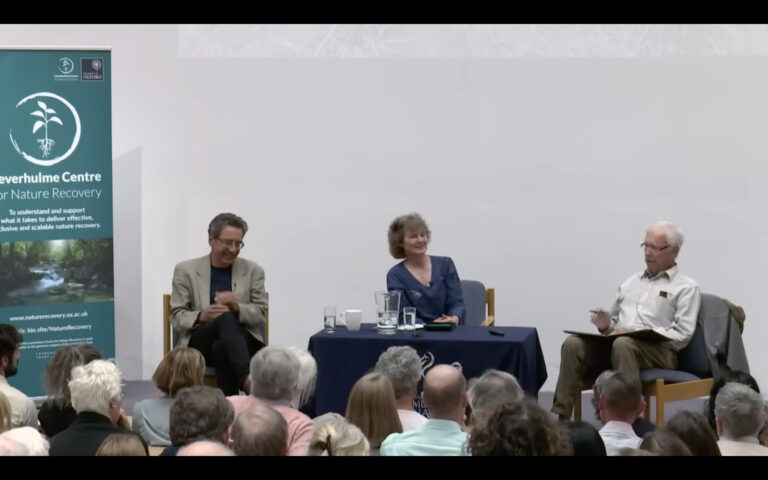
Statement on the Allan Savory & George Monbiot Debate at Oxford
Savory Institute comments on the July 2023 Oxford debate between Allan Savory and George Monbiot.

Savory Institute comments on the July 2023 Oxford debate between Allan Savory and George Monbiot.
Get the latest news and events from the world of Holistic Management.

Savory Institute is a U.S.-registered 501(c)(3) non-profit organization. EIN: 45-4134319
Fonden The Savory Foundation is incorporated in Denmark. CVR-nr: 43597205
Land to Market is a U.S. public-benefit corporation with majority ownership by the Savory Institute. EIN: 88-2589299
We respect your privacy and will never spam or sell your information.
You can unsubscribe at any time.